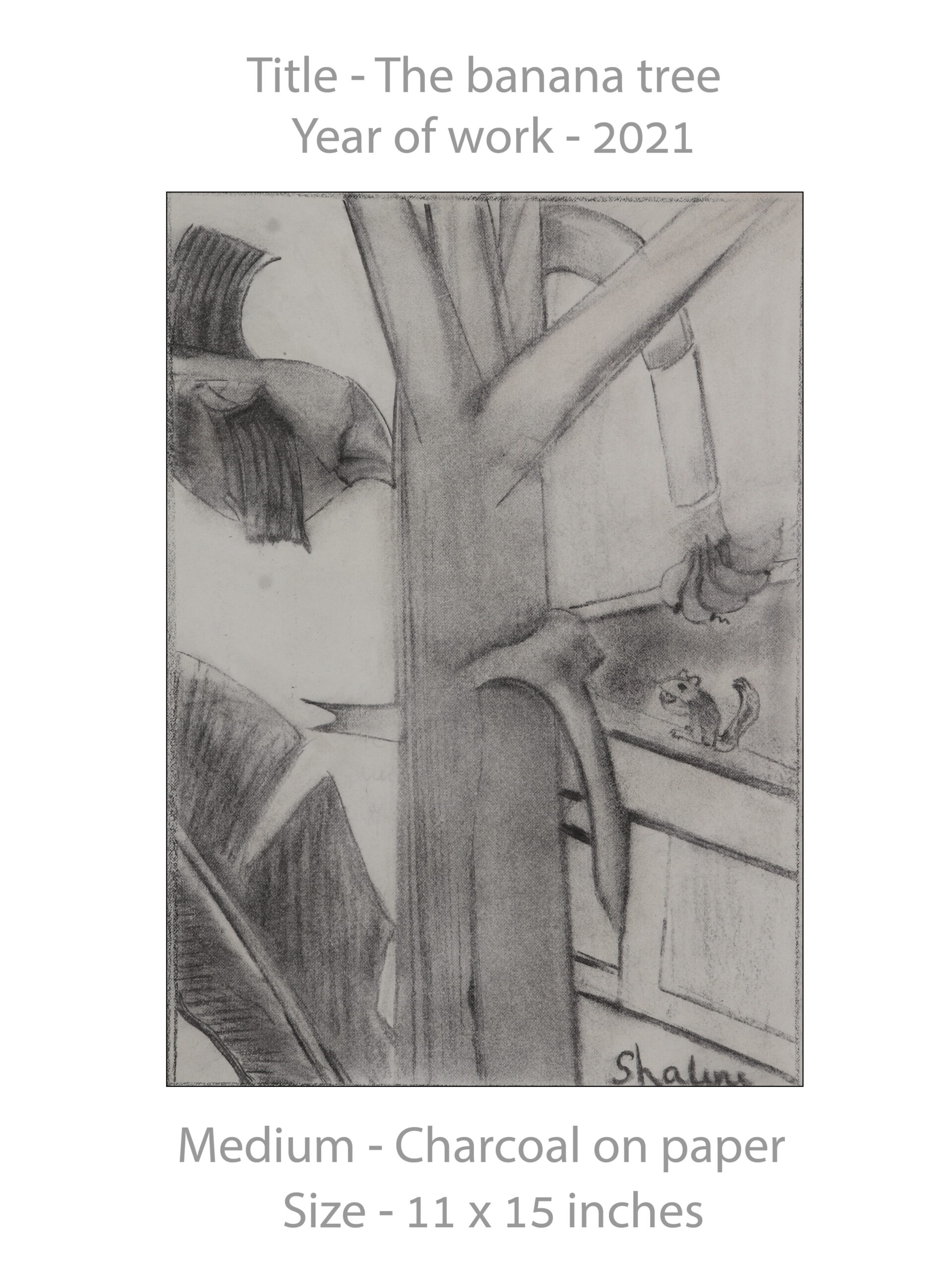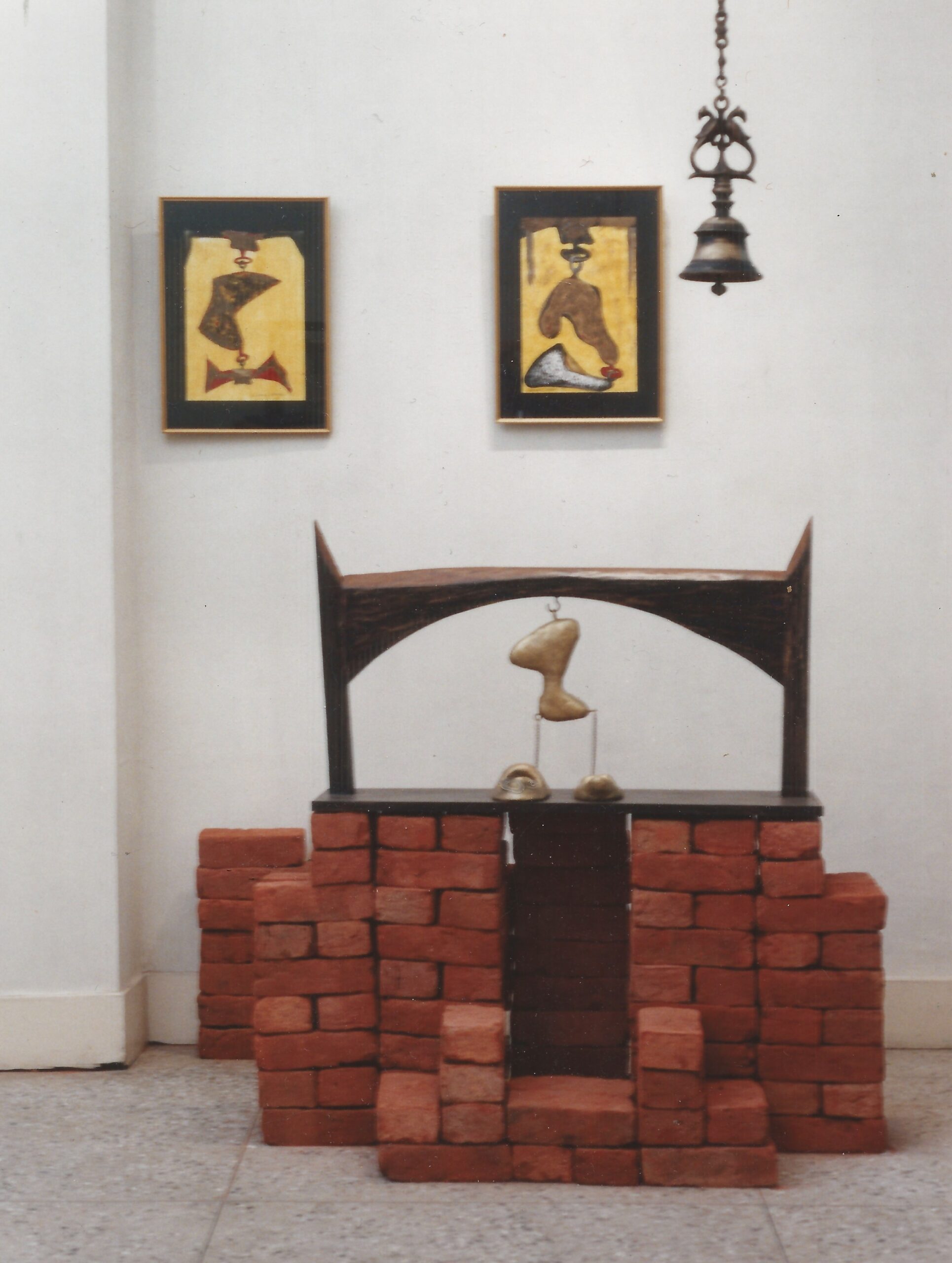Synopsis
Madalya is the ancient theatre tradition of Dangi tribals of Gujarat. It was largely performed to entertain guests during wedding celebrations in the traditional agrarian society. Madalya is a complete theatre tradition where music, dance and drama are integral elements of its structure.
From a repertoire of about thirty skits, the following skits were performed, depicting the socio-economic aspects of the forest-based agrarian society.
Forester: As the name suggests, the skit is based on the forest and its officials. The tribals believed that the forest belonged to them and no-one else. Not even the government had any right over it. During the colonial era the British took control of the forest with the Forest Law of 1842, prohibiting the free usage of forest by natives. This skit is believed to have been created in late nineteenth century to express the anger and protest against the law, and is important in understanding the psyche of the Dangi tribals and their historic revolt against the British.
Sautish: Sautish in Dangi translates as ‘Sautan’ in Hindi. Polygamy or having more than one wife was very common in Dangi society. Though widely practiced, polygamy was not socially accepted by a large part of the society. The skit, in the most hilarious way portrays the position of a husband with two wives. This universal story of a man with two women and their eternal quarrels remains the same for each society.
Vagh-bokadi: It was quite common to encounter wild animals like tigers (vaghs) and bears in Dangs. Many a times they lost their cattle too. This skit refers to the everyday presence of wild animals in Dangi life and how they bump into these animals. Vaghdev was feared and yet worshipped. These contradictory emotions of love and fear are expressed in this skit. It is a comedy depicting an incident of a tiger eating the wandering goat of a careless Dangi farmer.








